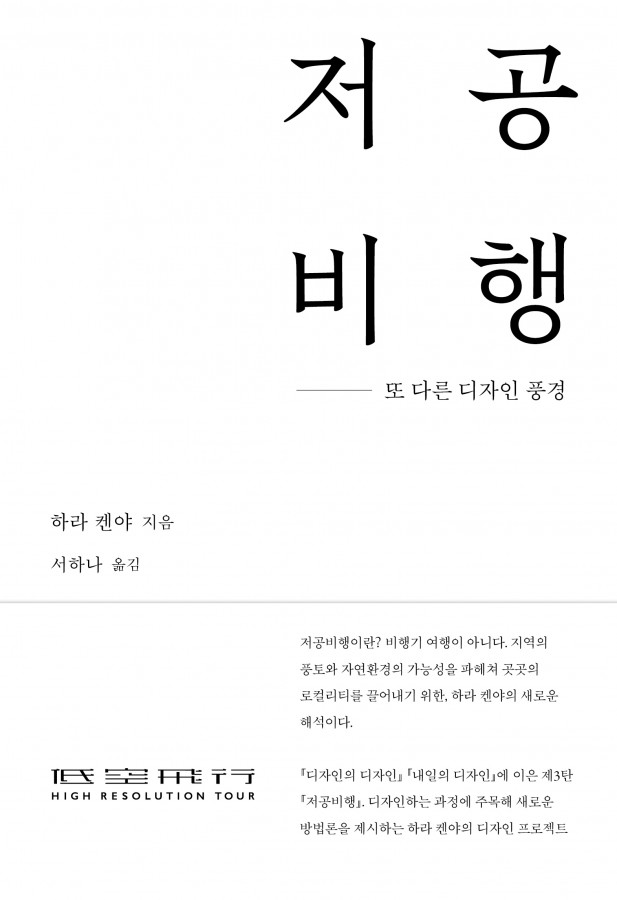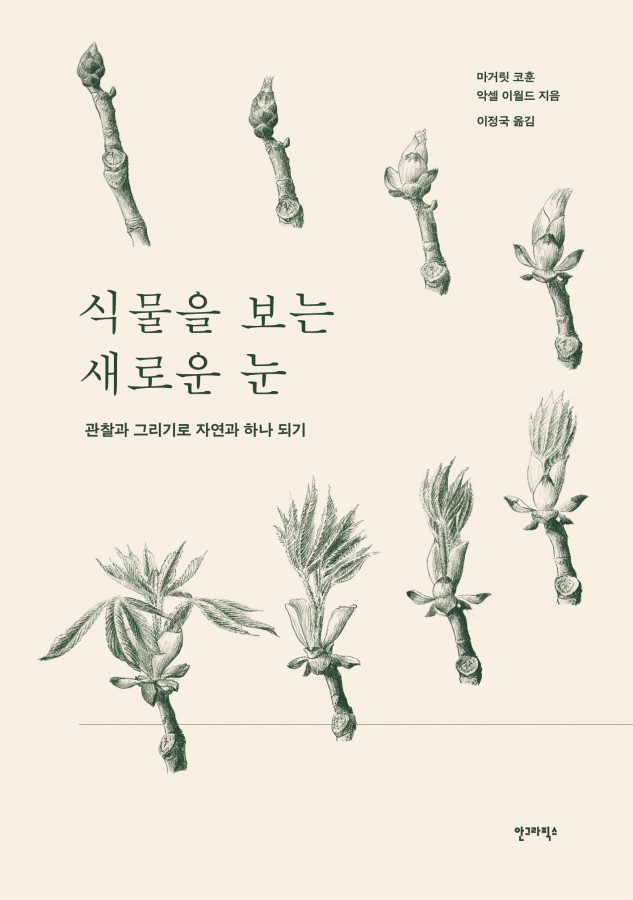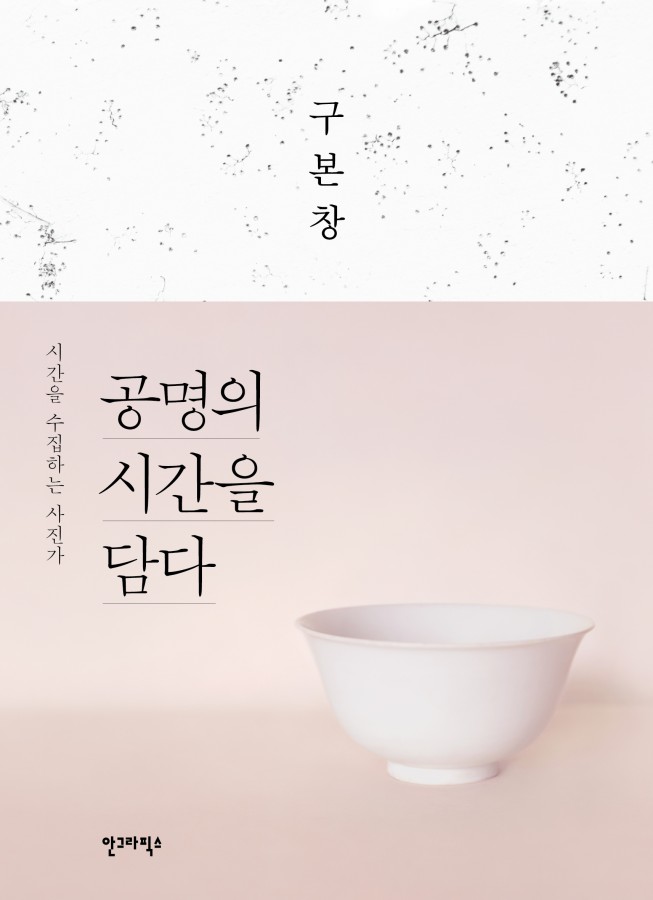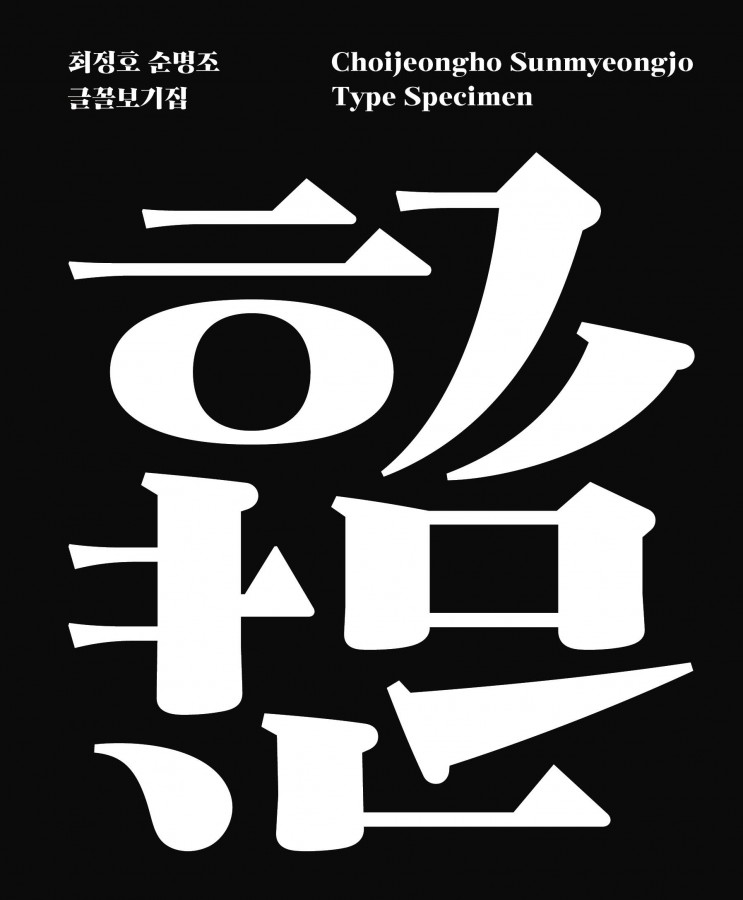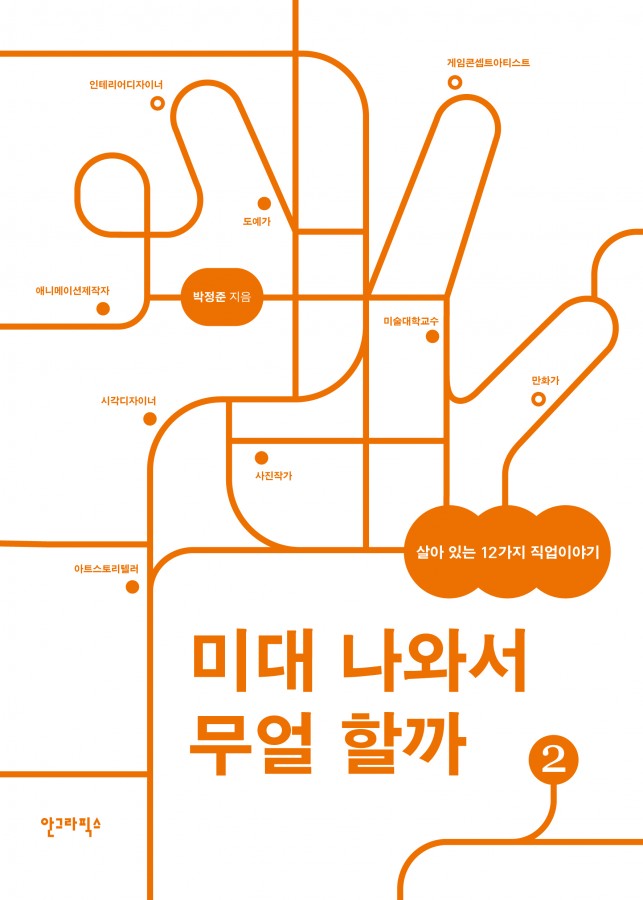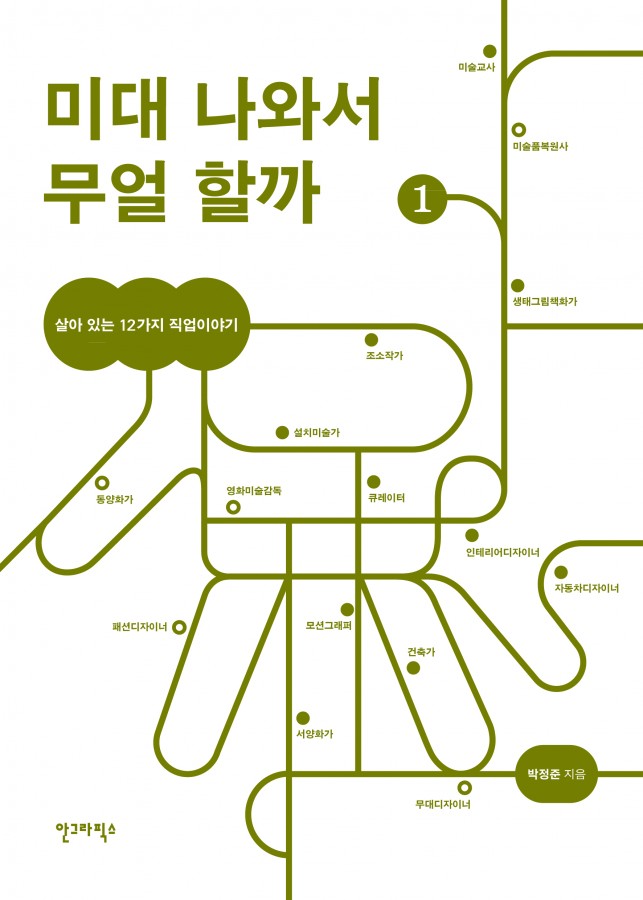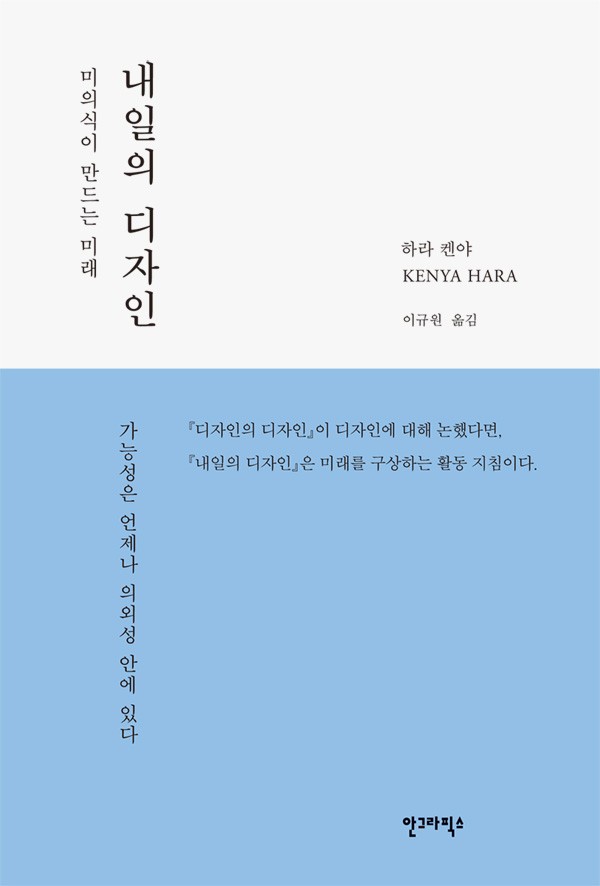Wabi-Sabi: A Journey to Embrace Simplicity and Essence
The Japanese films ‘Little Forest’, which inspired a Korean remake, and ‘Every Day a Good Day’, featuring the beloved actress Kiki Kirin as a tea ceremony master—what do these works share in common? They both embody the philosophy of Wabi-Sabi: embracing the flow of nature, finding joy in life’s imperfections, and cherishing simplicity in the small and ordinary moments of everyday life.
In this book, Wabi-Sabi, Leonard Koren, an outsider to Japanese culture, explores this elusive aesthetic through his personal experience with the traditional Japanese tea ceremony (chadō). What he witnessed, however, was a version of Wabi-Sabi that felt overly polished and devoid of its original essence. Today, Wabi-Sabi is often misinterpreted as a form of minimalist living, akin to modern trends like simple life or decluttering. But true Wabi-Sabi is far from a curated lifestyle aesthetic—it is about accepting the natural flow of time and embracing the raw, unpolished, and fleeting moments of life. It is a way of being that encourages us to focus on the present and live with mindfulness and sincerity.
This book takes readers on a journey to rediscover the essence of Wabi-Sabi. It provides a clear and structured exploration of the concept, from its historical roots to its defining characteristics. Since Wabi-Sabi is inseparable from the tradition of chadō (the way of tea), the author delves into how Wabi-Sabi became central to the tea ceremony and how, over time, its meaning has been diluted or misunderstood. The book also offers a methodical yet heartfelt analysis of Wabi-Sabi’s key attributes—attributes that defy easy definition but can serve as a guide for incorporating Wabi-Sabi into modern life.
Complementing the text are photographs that capture what the author feels embodies the Wabi-Sabi spirit—images that feel sparse and unpretentious, yet warm and deeply resonant. Through these visual impressions, the book conveys the unspoken, almost intuitive essence of Wabi-Sabi, offering readers not only an intellectual understanding but also a sensory and emotional experience.
In the end, the author reminds us that Wabi-Sabi is not something foreign or distant. Rather, it is a way of seeing the beauty in the ordinary, in what is already around us—impermanent, imperfect, and incomplete. This book is an invitation to notice and embrace your own Wabi-Sabi, uncovering the hidden charm in life’s small, fleeting moments.
